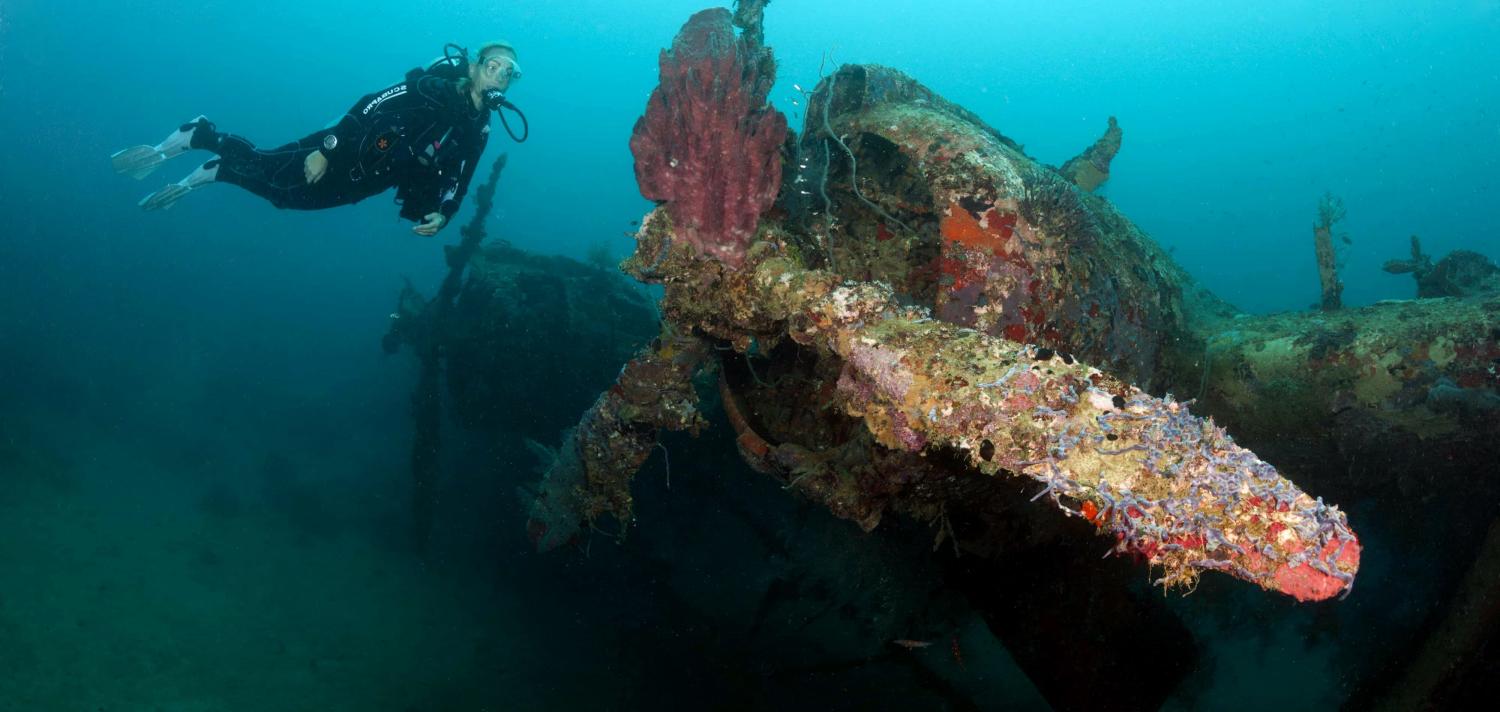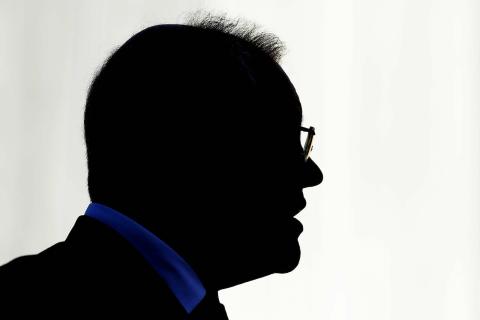Greg Colton’s Safeguarding Australia’s security interests through closer Pacific ties sits in a long tradition of mainstream thinking about the significance of the Pacific for Australia’s national security.
It is a tradition that draws on intertwined anxieties: on the one hand, concern the Pacific might be a vector through which external threats to Australia are directed; on the other, concern that weakness or internal instability within Pacific island states might itself represent a threat to Australian national interests.
These anxieties have been on florid display in recent weeks via hyperventilation surrounding media claims China had approached Vanuatu regarding the establishment of a military base.
Colton’s paper was written prior to the Vanuatu controversy but, to his credit, it’s doubtful the work would have required much amendment even if it had been written after the story had broken. It is a timely contribution to the discussion.
The analysis covers familiar ground in describing an increasingly complex scene in which non-traditional players, such as China, Indonesia, and Russia, have in recent times intensified their activity in the Pacific. Colton asserts that the “extent to which China has strategic aims in the Pacific Islands region is still a matter of contention”. That remains the case following the recent Vanuatu kerfuffle.
The paper is less strong when describing the other side of the question; the role that Pacific island countries themselves have played in actively pursuing new relationships, networks, and opportunities over recent years, both among themselves and globally. Such diplomatic activity has complicated life for Australia in the region just as much as the emergence of the “new players”.
Both strands have contributed to a thesis of “Australian declinism” in the Pacific that has taken hold among a number of commentators who are familiar with the region, and many who are not.
At the declaratory level at least, it’s hard to see how Australia could be much clearer about the significance the Pacific holds for Australia’s national security. Last November’s Foreign Policy White Paper highlighted relations with the Pacific as one of only five “objectives of fundamental importance to Australia’s security and prosperity”, and outlined “helping to integrate Pacific countries into the Australian and New Zealand economies and our security institutions” as an “essential” policy aim.
The 2016 Defence White Paper sets out a quasi–Monroe Doctrine in the Pacific, asserting that Australia will work “to limit the influence of any actor from outside the region with interests inimical to our own”. Prime Minister Malcolm Turnbull’s remarks regarding the Vanuatu/China reports – “We would view with great concern the establishment of any foreign military bases in those Pacific island countries and neighbours of ours” – sit squarely within this policy framework.
Colton offers a handful of suggestions aimed at reinforcing Australia’s role as the leading security player in the region, while simultaneously deepening a sense of “partnership” with Pacific island countries. Bringing off this juggling act has long been the holy grail of Australian policy in the region.
His suggestions range from the intriguing (establishing a Pacific Maritime Coordination Centre) to the courageous (striking compacts of free association with Tuvalu, Kiribati, and Nauru). The latter idea has been kicking around Canberra corridors in one form or another for more than a decade.
Government policy, especially the new Pacific Labour Scheme, now acknowledges explicitly that these three independent Pacific microstates warrant special treatment. That’s a good thing, but the broader kind of relationship espoused in the paper (providing these countries “with a host of government services” in exchange for a formal security veto) remains likely to falter on the simple grounds of cost alone. But kudos to Colton for promoting the idea.
The commitment, set out in the Foreign Policy White Paper, to establish an Australia Pacific Security College is not mentioned by Colton. Tender documents for this institution are yet to be issued, but we can expect that it, and the major new Pacific Maritime Security Program (the patrol boat scheme), will be key focal points for regional security cooperation for many years to come.
Colton overreaches in stating that “concluding the proposed Biketawa Plus Declaration should be Australia’s primary strategic objective in the region”. The original Biketawa Declaration dates from 2000. The idea for an updated regional security declaration crystallised in the minds of thoughtful Pacific islanders following the conclusion of the Regional Assistance Mission to Solomon Islands in mid-2017, but it reflects deeper currents of thinking about the needs and aspirations of Pacific island countries.
Australia has a seat at this table, to be sure. Colton’s prescription for an assertive Australian role in shaping Biketawa Plus to suit Australia’s national security needs, however, undervalues the extent to which Pacific island countries want to drive this agenda themselves, and would put Australia’s relationships in the region at unnecessary risk.
Indeed, if Colton’s piece has a weakness overall, it is the absence of a sense of Pacific island countries as active players in future regional security arrangements.
Australia still has many assets in the region that can be too easily glossed over, or ignored, by those of a declinist bent. Still, Colton is right to stress that Australia needs to be engaged.
Relationships remain the key to getting Australian policy in the Pacific right. On this score, Australia could do better.
To be sure, Julie Bishop and Concetta Fierravanti-Wells can point to numerous visits of their own in the region. But the recent Vanuatu controversy served to highlight the fact that, even though he has been in power for more than two years, Vanuatu Prime Minister Charlot Salwai is yet to make an official guest-of-government visit to Australia.
That has been an avoidable mistake on Australia’s part. And Salwai is by no means alone among his Pacific colleagues in this respect. At the very least, the Vanuatu/China story should have served as a wake-up call on this front.

